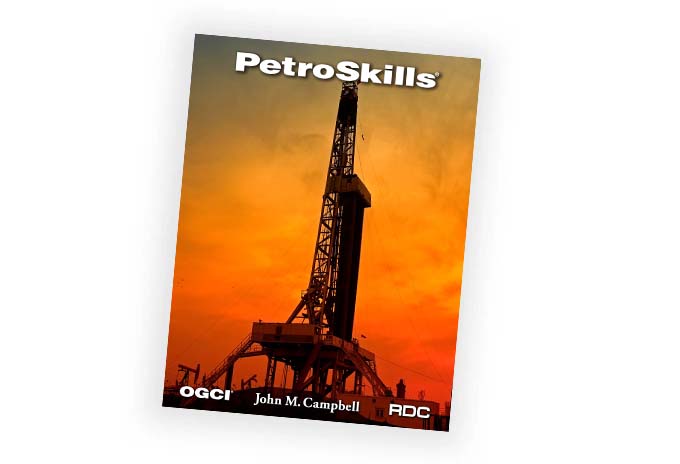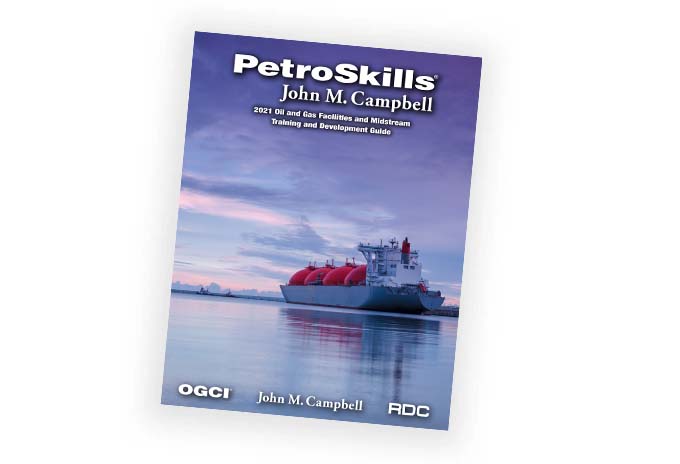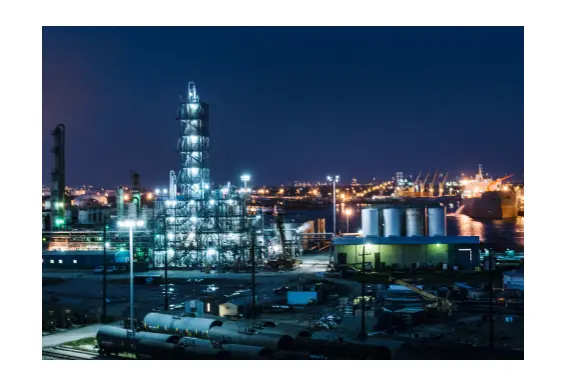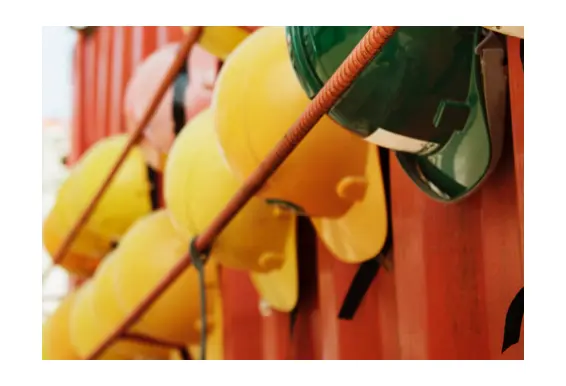Practical Computer Simulation Applications in Gas Processing- G-5
About the Course
This full 5-day course covers sweet gas processing and NGL extraction, using a commercial simulator to perform calculations. A basic working knowledge of the commercial process simulation package used (generally UNISIM) is suggested to achieve the course learning objectives. Volumes 1 and 2 of the John M. Campbell textbooks, Gas Conditioning and Processing, are the basis for the material presented, coupled with a 'red thread' comprehensive exercise based on a typical gas processing facility (can be applied to onshore or offshore facilities). The exercise is developed in stages as the material is covered. Participants will develop a comprehensive process simulation that includes a dew point control process, a mechanical refrigeration process with economizers, hydrate inhibition using MEG, and NGL liquid product stabilization with recycle.
NOTE: The individual exercises include condensed gas processing fundamentals drawn from the internationally famous Campbell Gas Books Vols. 1 & 2.
"Liked practical exercises and the quizzes." - Operations Engineer - Facilities, Canada
"The professor, very knowledgeable and able to answer every questions posed. Also very energetic. The organization overall was quite great." - Process Engineer, United States
Target Audience
Engineers that require practical in-depth training on natural gas processing and NGL recovery processes, with emphasis on the use and benefits of a simulation package.You Will Learn
- To determine the water content and hydrate formation conditions for gas streams using both a commercial process simulator and hand calculation methods
- Techniques to inhibit hydrate formation, including injection of equilibrium inhibitors such as methanol and MEG
- Preliminary design and evaluation of TEG dehydration processes using quick hand calculations
- Process design used to control the hydrocarbon dew point of sales gas streams by removing NGLs using mechanical refrigeration processes
- Various techniques to optimize mechanical refrigeration systems
- How to use the process simulator to evaluate the impact that pressure and temperature changes have on the sizing of process equipment and levels of NGL recovery
- How to use short-cut distillation calculations to provide input to rigorous distillation simulations in order to obtain faster convergence
- Which thermodynamic property correlations are appropriate for various gas processing systems
- Limitations associated with commercial simulation packages and how the results can be quickly checked for relative accuracy
Course Content
- Physical properties of hydrocarbons
- Qualitative phase behavior
- Vapor-liquid equilibrium
- Water-hydrocarbon equilibrium
- Basic thermodynamic concepts
- Separation equipment
- Heat transfer
- Pumps
- Compressors
- Refrigeration
- Fractionation/distillation
- Glycol dehydration
- Adsorption dehydration
Product Details
Categories:
MidstreamDisciplines:
Gas ProcessingLevels:
IntermediateProduct Type:
CourseFormats Available:
In-ClassroomInstructors:
Mahmood MoshfeghianAdditional
Request a Public Session
If you are interested in a public session of this course, please click the button below to request it.
Request Public SessionIn-House Training
This course is also available upon request as a private, on-site seminar. Contact us for details and pricing.
Request In-House TrainingNeed Help
Contact us if you have additional questions about how to register for or attend this course.
Contact Us



